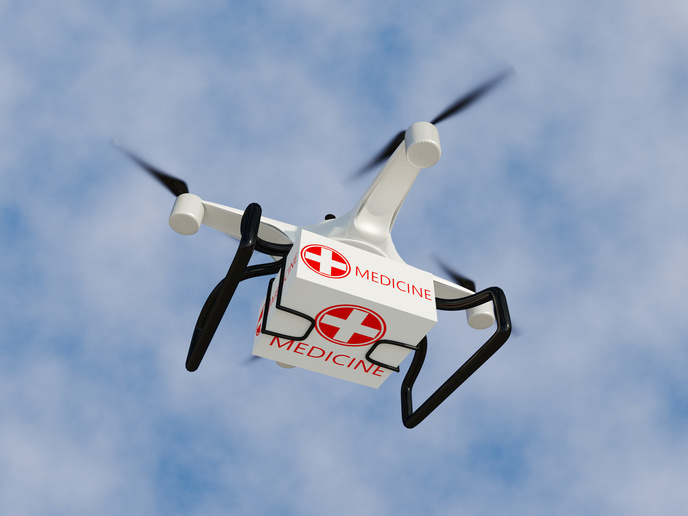An early warning system for oil spills
Limited bodies of water, such as the Mediterranean, are under serious threat from oil spills as well as chronic pollution. To help address the problem, the EU funded a project called 'Automatic oil-spill recognition and geopositioning integrated in a marine monitoring network' (ARGOMARINE). The aim was to develop a network to monitor and protect heavily used shipping lanes, and to institute a data management system for public use. The first part of the project involved developing an algorithm to detect oil spills using satellite imaging. Researchers designed algorithms that used synthetic aperture radar (which is good for recognising oil on water) and a vessel detection method to enable the automated identification and tracking of oil spills. During the next phase of the project, an autonomous sensing platform was developed. Both patrolling and stationary versions were investigated and researchers built an 'electronic nose' that could detect hydrocarbons in seawater. The sensing platforms also incorporated acoustic monitoring (to detect vessels) and other environmental sensors. Finally, an overall 'Marine Information System' was developed. This tool incorporates all the data generated by ARGOMARINE into a publically available system for monitoring and data management. ARGOMARINE successfully created mathematical and physical tools to protect the oceans from pollution, especially oil spills. The work will have an impact on coastal environments, and could potentially save money by preventing large spills.







